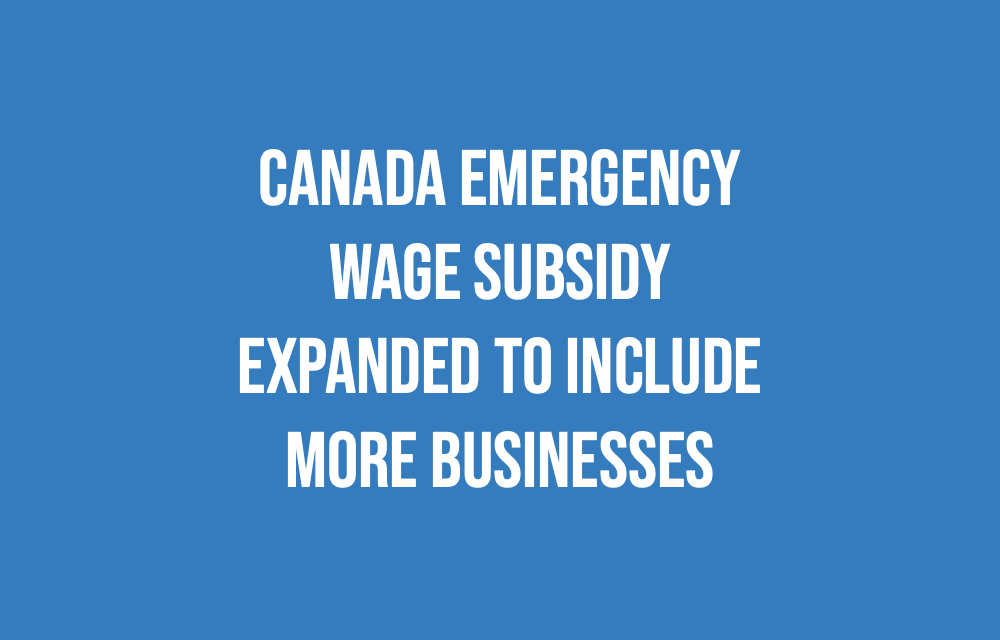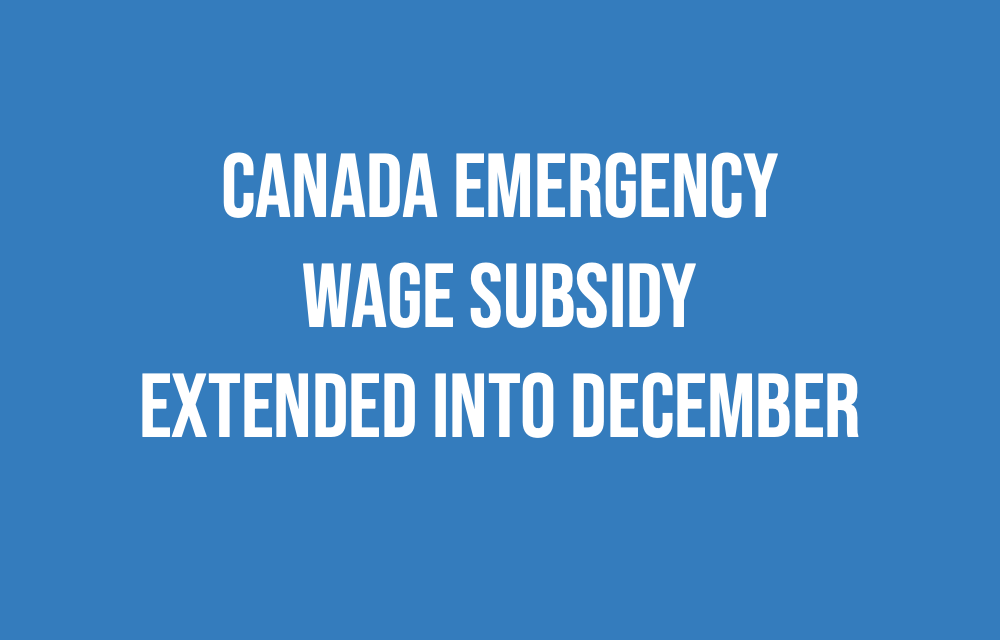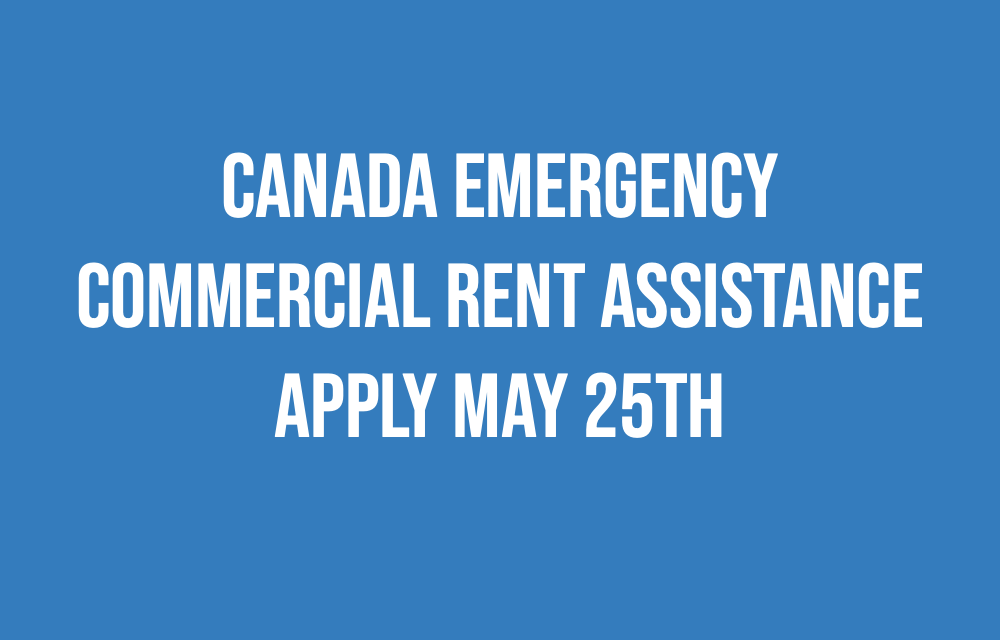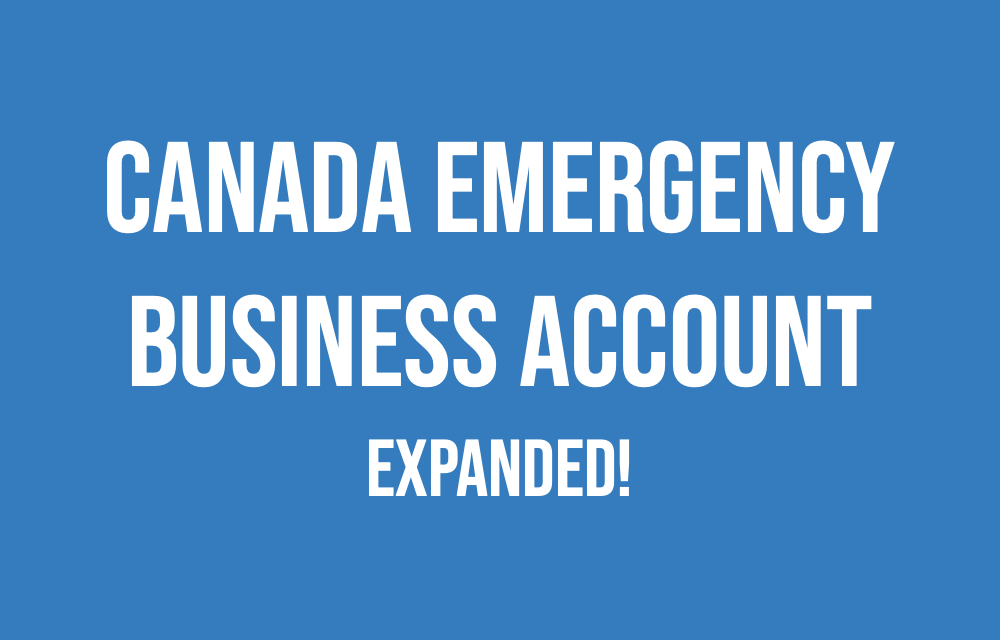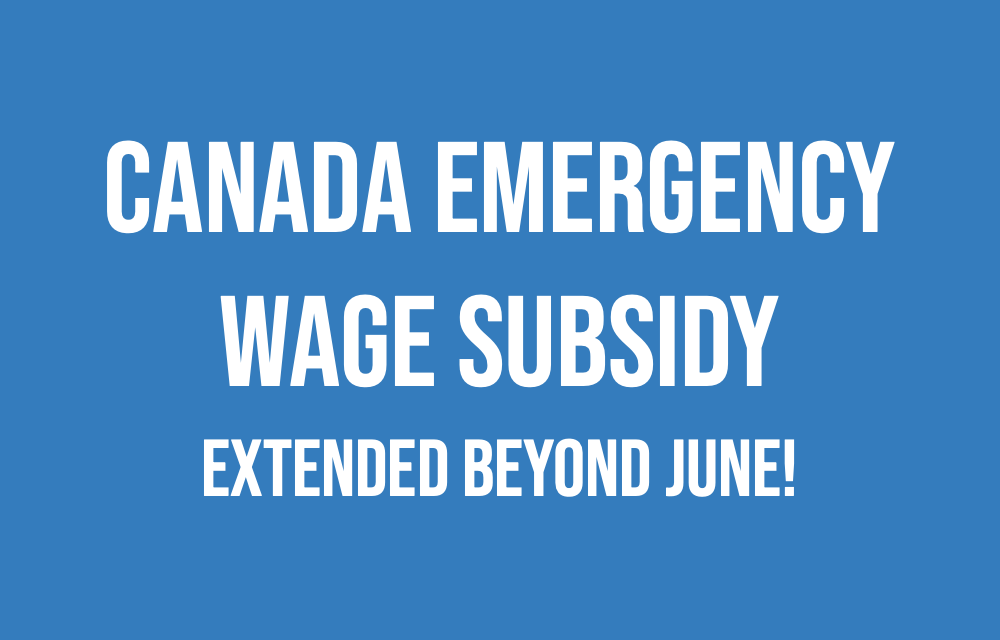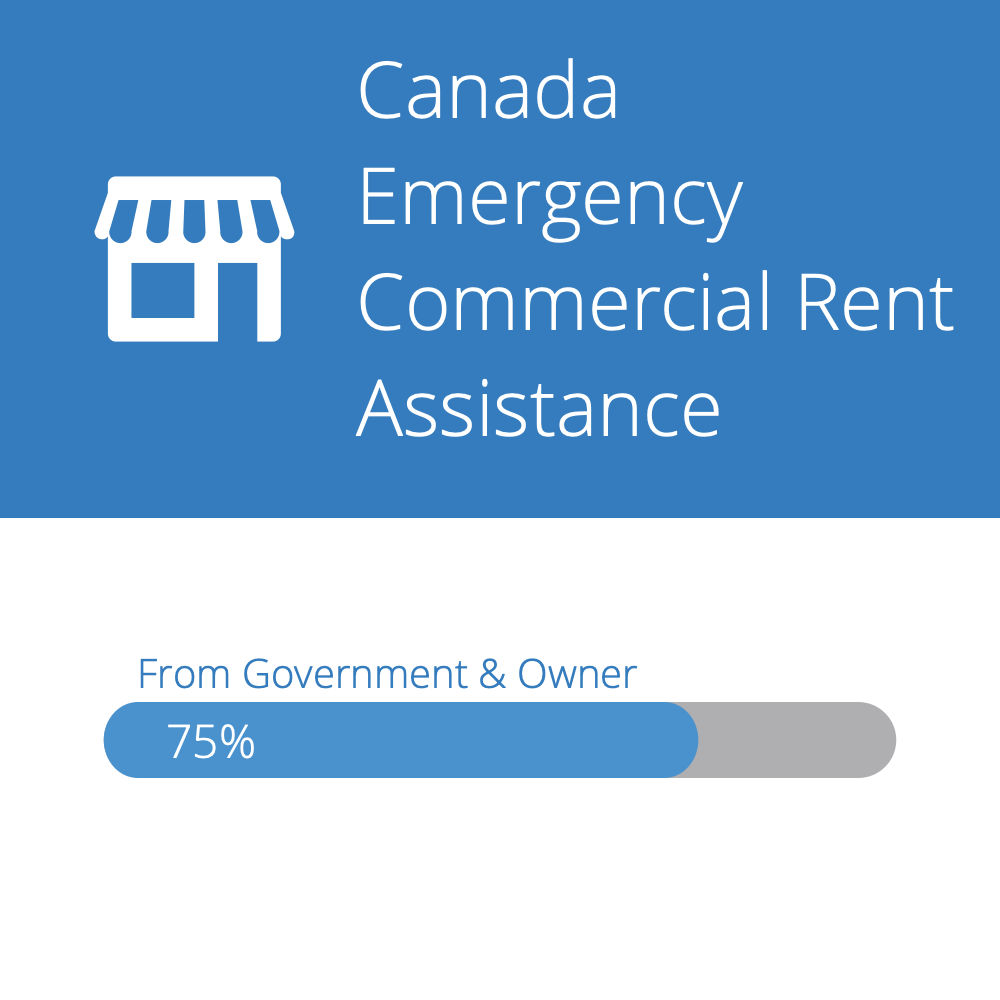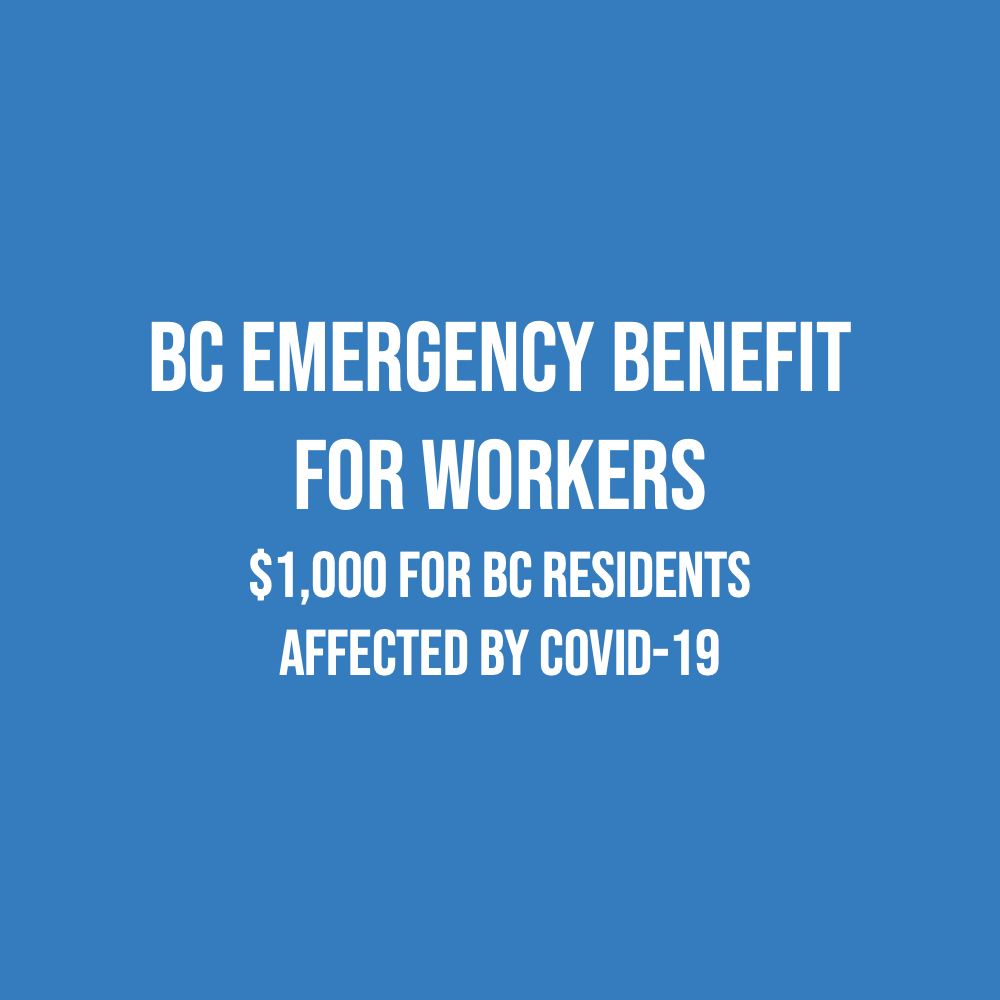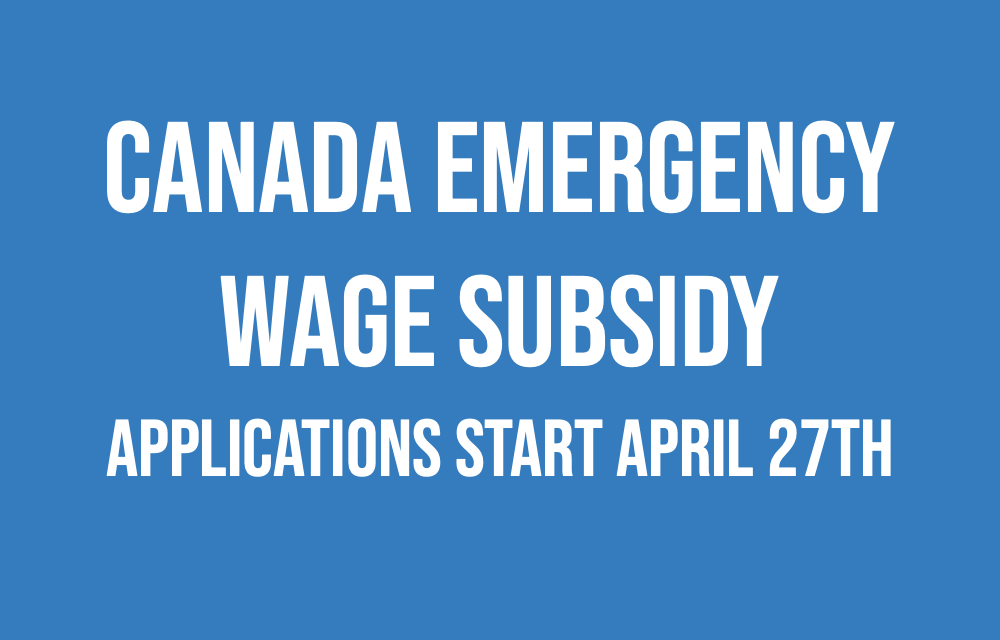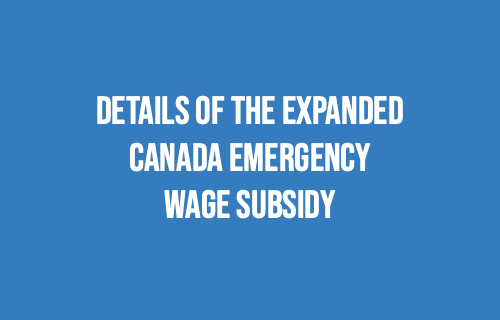
On August 11th, the Government of Canada updated the calculator and Canada.ca with the changes to the Canada Emergency Wage Subsidy (CEWS). If you're a business owner who has suffered losses as a result of COVID-19 and did NOT qualify previously for CEWS, you may now qualify.
On August 11th, the Government of Canada updated the calculator and Canada.ca with the changes to the Canada Emergency Wage Subsidy (CEWS).
If you’re a business owner who has suffered losses as a result of COVID-19 and did NOT qualify previously for CEWS, you may now qualify.
The changes expand the program to include more businesses for periods 5 to 9 (July 5 to November 21, 2020) and have been published on Canada.ca, here are some of the changes:
-
the subsidy rate varies, depending on how much your revenue dropped
-
if your revenue drop was less than 30% you can still qualify, and keep getting the subsidy as employees return to work and your revenue recovers
-
employers who were hardest hit over a period of three months get a higher amount
-
employees who were unpaid for 14 or more days can now be included in your calculation
-
use the current period’s revenue drop or the previous period’s, whichever works in your favour
-
for periods 5 and 6, if your revenue dropped at least 30%, your subsidy rate will be at least 75%
-
-
even if your revenue has not dropped for the claim period, you can still qualify if your average revenue over the previous three months dropped more than 50%
-
the maximum base subsidy rate is 60% in claim periods 5 and 6
-
the maximum base subsidy rate will begin to decline in claim period 7, gradually reducing to 20% in period 9
The Government of Canada has updated the CEWS calculator to reflect these changes and can be found here:


